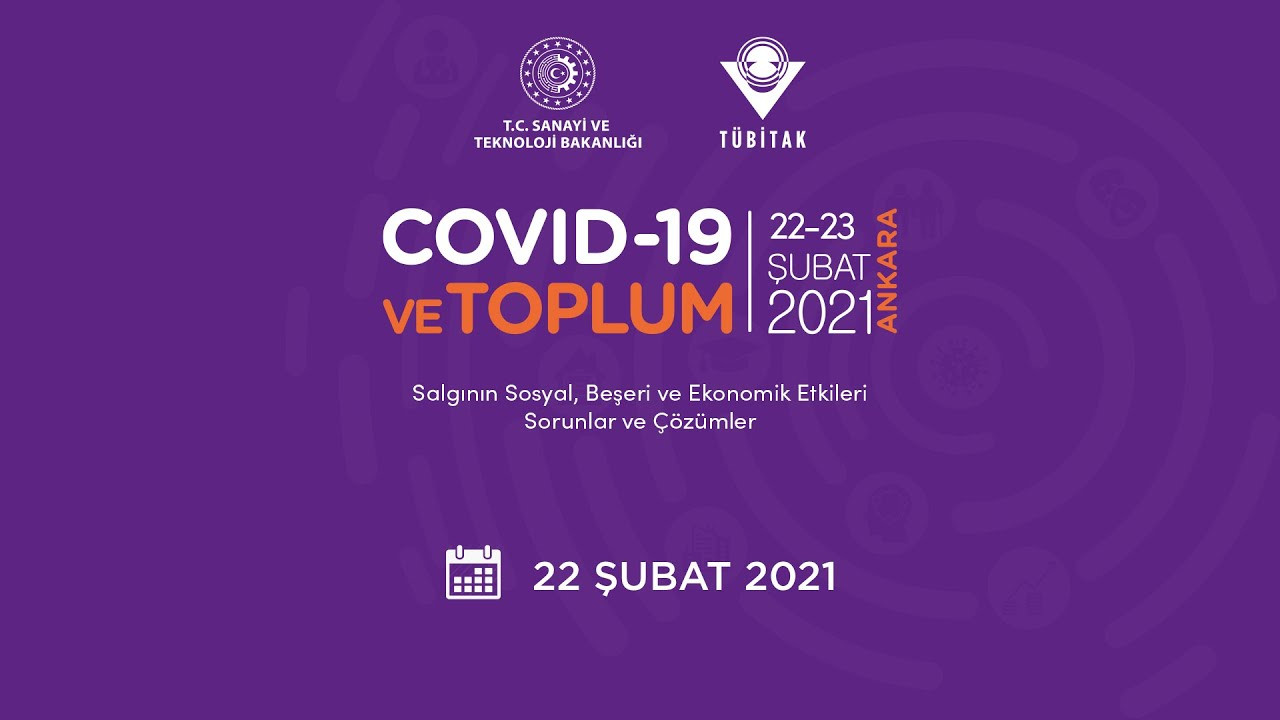Assoc. Prof. Işıl BİLİCAN of IMU Psychology Department participated as a speaker in the event “COVID-19 and Society: Social, Human and Economic Impacts of the Epidemic, Problems, and Solutions” jointly organized by the Ministry of Industry and Technology of Turkey and the Scientific and Technological Research Council of Turkey (TUBITAK) in Ankara on February 22, 2021.
In the event held to discuss the outputs of 97 projects supported by TUBITAK to investigate the current and future impacts of COVID-19 pandemic from the perspective of social sciences, Assoc. Prof. Işıl BİLİCAN shared the results of her study titled “The Effects of the COVID-19 Pandemic on Marriage Adjustment”.
Assoc. Prof. BİLİCAN talked about the purpose of her study at the beginning of her speech. She stated that they aimed to examine the stress and anxiety factors and coping skills related to COVID-19, which predict marital adjustment and subjective well-being of married people during the pandemic. In this context, she explained that three separate studies were organized as part of the study. She noted that in the first study, they developed a scale that measures stress and anxiety related to COVID-19 with 847 participants. She said that in the second study, the relationship of COVID-19 anxiety with individual and relationship variables was examined cross-sectionally and 102 married couples selected from the 847 participants were included in this section. According to the results from the cross-sectional part of the study, it was concluded that during the Covid-19 pandemic, the individual well-being of both women and men was affected by this stress source, but only in men, there was a transition that exceeded the individual stress and reflected on the relationship. In the third part of the study, she stated that they examined the effects of Covid-19 anxiety on marital adjustment longitudinally with 100 married couples According to the results of the longitudinal part of the study, various protective factors were mentioned. Particularly, the finding that self-disclosure to the partner during the day and perceived partner sensitivity increase romantic intimacy was shared with the participants.
At the end of her speech, BİLİCAN mentioned that it would be beneficial to offer mechanisms that will enable couples, especially male partners, to manage stress and ensure psychological well-being in order to maintain the quality of the relationship.

